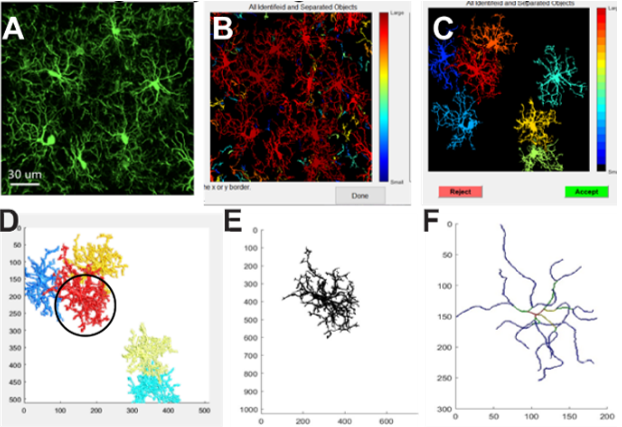Garcia Keller laboratory
Area of Focus:
Reveal the neurobiological underpinnings of substance use disorders and anxiety disorders such as PTSD. We focus on the long-lasting changes in brain function produced by drug use and a single strong stress that create the enduring vulnerability to environmental cues producing relapse to drug use or stress-associated behaviors.
Research Interests
- Trauma and Stress-Related Disorder
- Substance Use Disorder
- Synaptic Plasticity
- Pentapartite Synapsis
- Extracellular Matrix
- NeuroImmuno Endocrinology
- Neuropharmacology
- Neuroinflammation
The long-term goal of the Garcia Keller laboratory is to identify the neurological mechanisms that underlie stress-induced vulnerability in the development of substance use disorders (SUDs), and in doing so, rationally design pharmacotherapeutic treatments. Converging epidemiological studies indicate that a history of acute life-threatening events increases the incidence of post-traumatic stress disorder (PTSD), and a diagnosis of PTSD carries 30-50% comorbidity with SUDs. Such comorbidity results in greater drug use and poorer treatment outcomes. The lab uses a preclinical rodent model to understand how an acute stressful event can lead to addiction, not only facilitating drug self-administration but also precipitating relapse.
Highlights

Current ongoing projects
- understand the neurocircuitry and cell-type specificity involved in stress and addiction using calcium imaging.
- study the role of the pentapartite synapse in stress and addiction, first focusing in microglia’s role.
- study novel therapeutic treatments for PSTD and SUD targeting key genes/proteins of interest.

Our Software
The Garcia Keller laboratory develops and shares open source tools to advance neuroscience research. We believe open source practices are essential for:
-
Reproducibility: Allowing others to verify and build upon our findings
-
Collaboration: Facilitating partnerships across research institutions
-
Accessibility: Reducing cost barriers for laboratories with limited resources
